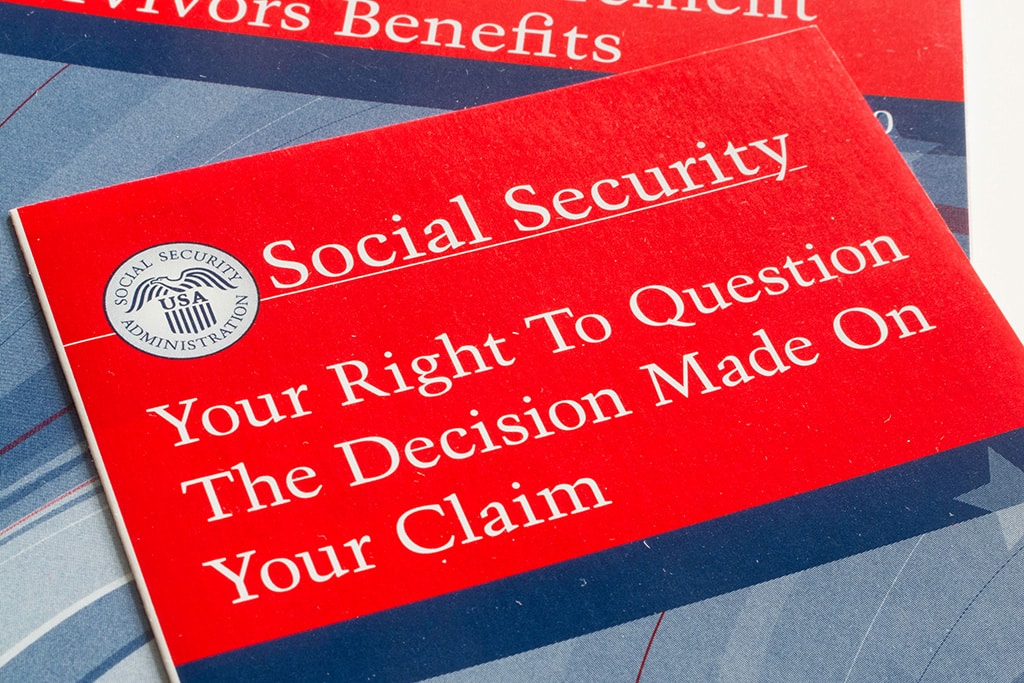If the Social Security Administration (SSA) denies your application for Social Security disability benefits, then it is important to understand that you possess the right to file an appeal. There are several levels within the appeals process, starting with a reconsideration determination. If the SSA denies your request for reconsideration, the next step is to request a hearing before an Administrative Law Judge (ALJ).
The ALJ hearing process is the first opportunity you have to sit down in front of the decision-maker on your case and offer testimony about why you can’t work. The hearing also affords the chance to explain to a judge how your impairments have materially impacted you on a daily basis, and why those medical diagnoses keep you from being able to get through a full day’s work.
In addition, you will have the chance to submit new evidence prior to the hearing; the ALJ may also ask other witnesses to attend. After the hearing, the ALJ will issue a decision.
Hire an Experienced and Effective Disability Benefits Attorney
When you file an application for SSA benefits and when you appeal a denial of benefits, you are able to represent yourself. However, for most people, working with a skilled lawyer will lead to a better outcome.
Going to a hearing before an ALJ can be intimidating. This is why it makes sense to hire a competent and qualified disability benefits attorney. They can assist you in preparing for the hearing. They can also ensure that your case is properly presented to the ALJ. This includes gathering evidence, drafting a brief, and preparing you and guiding you through your testimony. This might also mean addressing areas the judge missed, or questions you didn’t have the chance to fully answer or to qualify when the judge was going through her questioning.
Compile Relevant Evidence
In any disability case, the ultimate decision will come down to a question of whether the applicant not only has a disability (as defined by the SSA), but if that disability prevents them from working. To demonstrate that you meet these qualifications, you must provide evidence.
One form of evidence that is commonly submitted at ALJ hearings is medical records. Generally, the ALJ will want to see that you are undergoing regular treatment for your condition, so you should make an appointment in advance of your hearing if you have not seen your doctor. Under SSA rules, all evidence must be submitted 5 days in advance of the hearing (with some exceptions).
You should also consider asking friends, colleagues or family members to testify on your behalf at the hearing. These witnesses should be able to testify about your abilities and limitations, including the things that you have struggled with, such as standing or sitting for long periods of time.
Your witnesses should not duplicate their testimony; one or two witnesses is usually sufficient for ALJ hearings. Sworn statements from witnesses are often appropriate, and may be preferable to having witnesses testify in-person at the hearing.
Speak to a Reputable Disability Benefits Attorney Today
If you have reached the stage of an ALJ hearing, you have already received at least one denial from SSA. This can be frustrating, particularly as you are already dealing with the limitations imposed by your condition. Bross & Frankel can help. Contact our office today to schedule a free, confidential case review.

